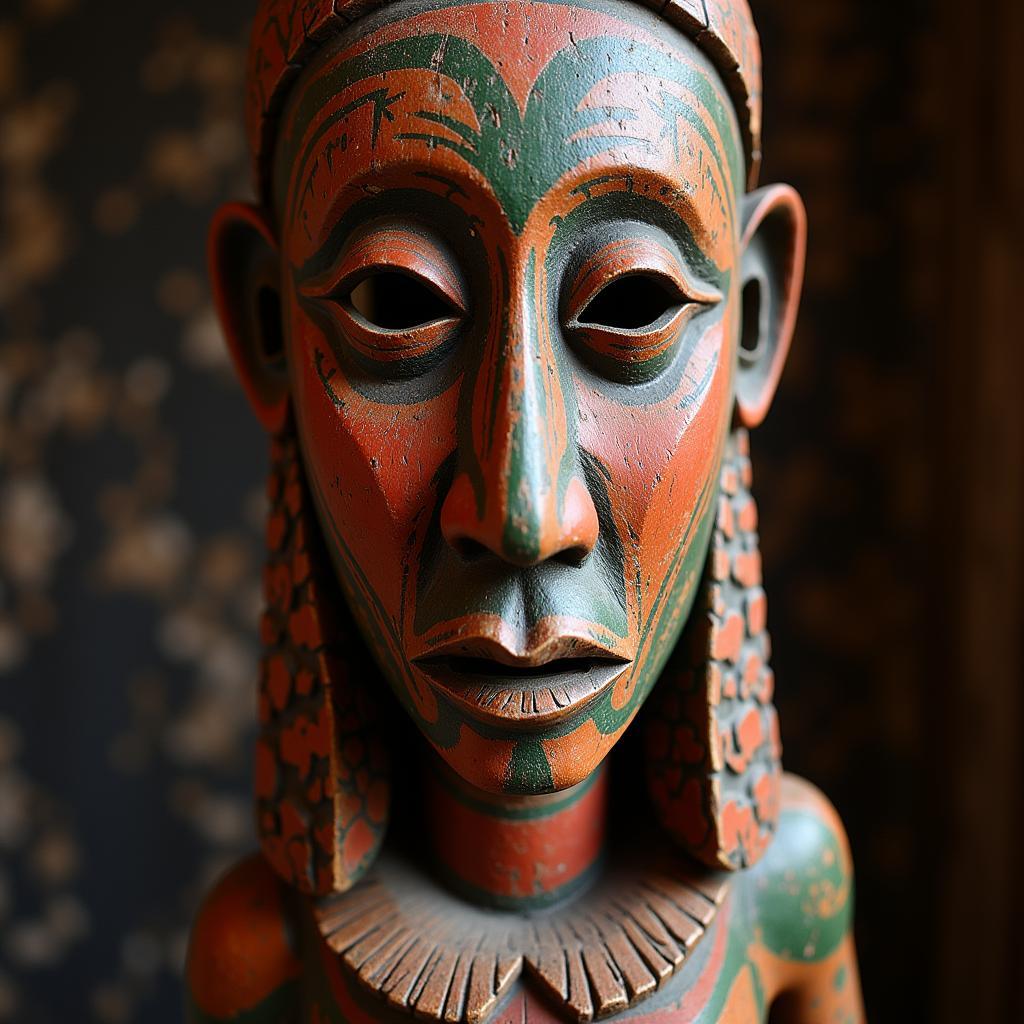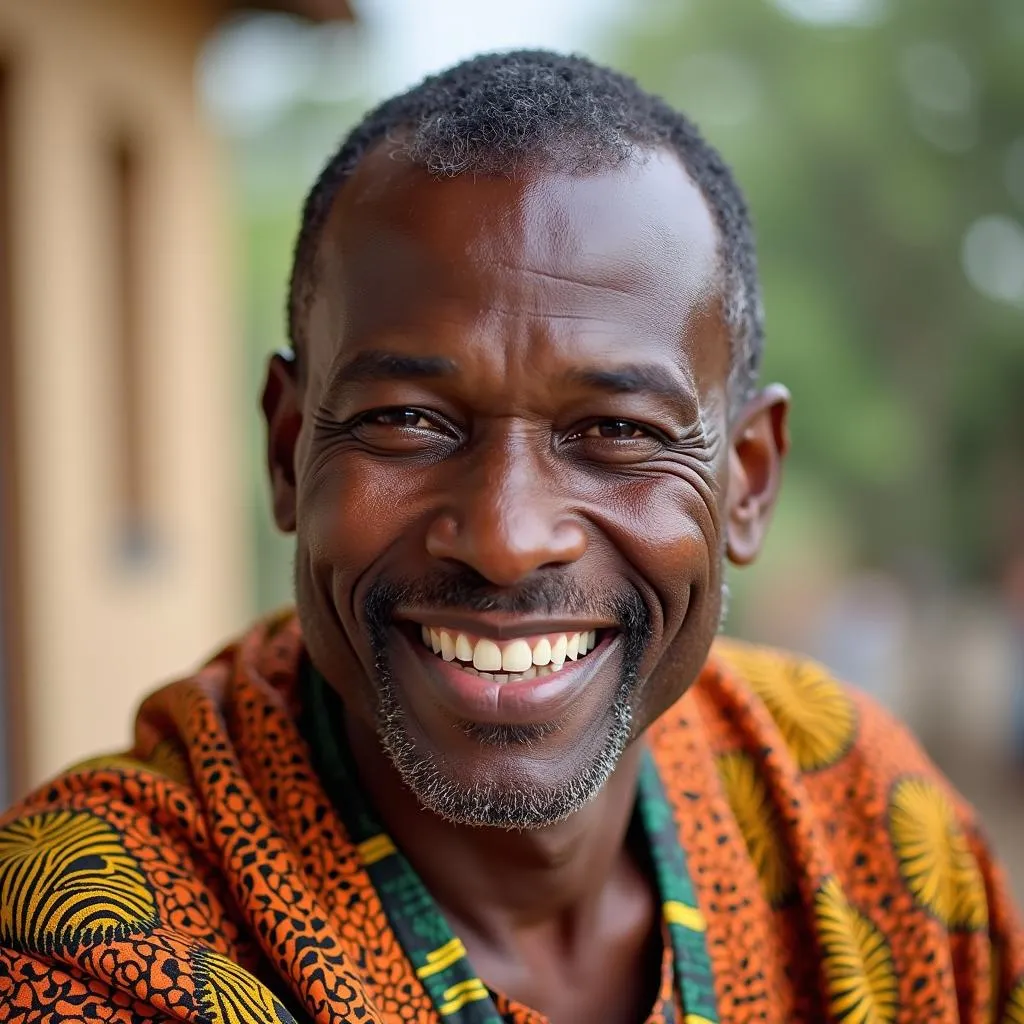African Black Magic and Voodoo: Myths, Reality, and the Power of Belief
The allure of African black magic and voodoo has captivated the world for centuries, sparking both fascination and fear. These practices, often shrouded in mystery, are deeply intertwined with the rich cultural heritage of the African continent. Understanding the complexities of these traditions requires moving beyond the sensationalized narratives and delving into the historical, cultural, and spiritual context that gives them meaning.
The Origins and Evolution of African Black Magic and Voodoo
African black magic, often referred to as “juju” or “obeah,” has roots in the continent’s ancient spiritual beliefs and practices. These traditions encompass a wide array of practices, including divination, herbal medicine, healing rituals, and the invocation of spiritual forces. Voodoo, originating in West Africa, developed into a distinct religious tradition that incorporates elements of indigenous African beliefs with Catholicism, brought by European colonizers.
The Misconception of “Black Magic”
The term “black magic” is often used in a sensationalized and negative way, associating it with evil intentions and harmful practices. However, it’s crucial to understand that African magic and voodoo are not inherently “black” or “evil.” These practices are rooted in beliefs about the interconnectedness of the spiritual and physical world, and they can be used for good or bad, just like any other power.
The Role of Spirits and Ancestors
Central to many African magical traditions is the belief in spirits and ancestors who can influence the lives of the living. These spirits are not necessarily demonic or malevolent but are often seen as guardians or intermediaries who can be invoked for protection, guidance, and blessings.
“The power of magic resides not in the rituals themselves, but in the belief of those who practice them. It is the power of intention, the belief in the unseen, that brings about the desired effects,” says Dr. Kofi Abena, a renowned anthropologist specializing in African spirituality.
The Power of Belief and the Role of Practitioners
The effectiveness of African black magic and voodoo is closely tied to the belief system of both the practitioner and the recipient. These practices are often seen as ways to harness the power of the unseen world to bring about desired changes in one’s life.
Traditional Practitioners:
- Medicine men/women (herbalists): These practitioners use herbs, roots, and other natural remedies for healing and spiritual purposes.
- Diviners: They use various methods, like reading palm lines, throwing bones, or interpreting dreams, to gain insights into the past, present, and future.
- Spiritualists: These practitioners are skilled in communicating with spirits and channeling their power for different purposes.
Misconceptions and Stereotypes:
It’s important to note that the vast diversity of African cultures means there are many variations in magical beliefs and practices. Stereotyping all African magical traditions as dangerous or evil is not only inaccurate but perpetuates harmful biases.
African Black Magic and Voodoo in the Modern World
Despite modernization and globalization, many African communities continue to embrace and practice traditional magic and voodoo. These traditions remain relevant in addressing a wide range of issues, including:
- Healing and wellness: Herbal remedies and rituals are often used for healing physical and emotional ailments.
- Protection from harm: Protective charms and amulets are used to ward off evil spirits and bad luck.
- Love and relationships: Rituals are sometimes employed to attract love, strengthen relationships, or influence the behavior of others.
- Business and prosperity: Magical practices can be used to attract wealth, success, and good fortune.
“While the world continues to evolve, the need for spiritual guidance and connection to the unseen remains a fundamental human desire,” explains Mama Sarah, a respected voodoo priestess in Benin.
Understanding, Respect, and Avoiding Misuse
Understanding the complexities of African black magic and voodoo requires approaching them with sensitivity and respect. While these practices can be powerful tools, it’s crucial to acknowledge the potential for misuse and the importance of ethical practices.
Avoiding Exploitation and Misrepresentation:
Exploiting the beliefs and practices of African traditions for personal gain or entertainment is disrespectful and harmful. It’s crucial to engage with these traditions in a way that honors their cultural significance and avoids perpetuating harmful stereotypes.
Respecting Cultural Diversity:
Every African culture has its own unique set of beliefs and practices. Generalizing about all African magical traditions is misleading and disregards the diversity of African cultures.
Conclusion
African black magic and voodoo are not simply about spells and curses, but about a complex system of beliefs, practices, and spiritual connections that have shaped African cultures for generations. By approaching these traditions with an open mind and a respectful heart, we can gain a deeper understanding of their significance and avoid perpetuating harmful myths and stereotypes.

